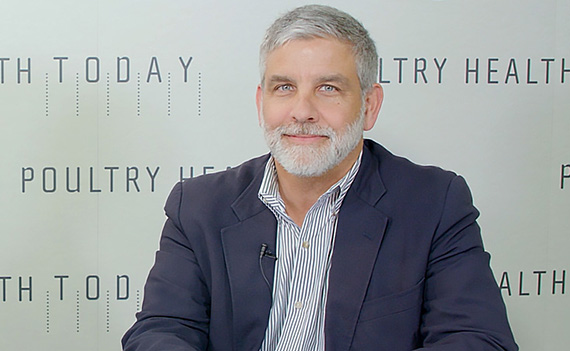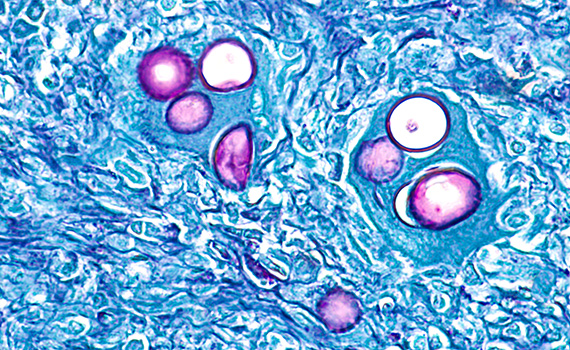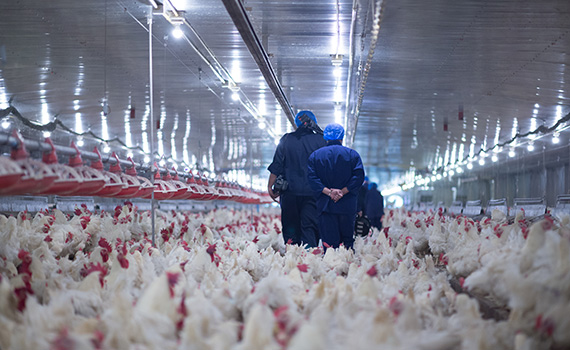Closing in on coccidiosis: How metagenomics can help
Identifying coccidial species by metagenomics can help producers fine-tune their coccidiosis-control programs, said Ryan Snyder, a graduate student in the pathobiology department at the University of Guelph.
Metagenomics — the study of genetic material by DNA sequencing — can help determine the proportions of the different Eimeria species cycling at the same time, he told Poultry Health Today.
Identification of Eimeria species is important because some species are more pathogenic than others. Eimeria maxima can predispose birds to necrotic enteritis while E. tenella can lead to mortality, Snyder said.
In a study he conducted involving 40 farms, half of the broilers received a coccidiosis vaccine only, and the other half received whatever in-feed anticoccidial was in their rotation at the time.
While vaccinated birds showed better coccidiosis control, the absence of medications opened the door to necrotic enteritis and higher mortality. Medicated birds showed more variability in Eimeria strains than vaccinated birds, he said.
Snyder suggests producers develop a long-term strategy for rotating vaccines, ionophores and non-ionophore anticoccidials. Effective control of coccidiosis becomes more important as the industry reduces the use of antibiotics.
The take-home message of the study, Snyder said, “is that we have to keep monitoring this disease. It’s not going away.”
Posted on January 19, 2018
 We’re glad you’re enjoying
We’re glad you’re enjoying










